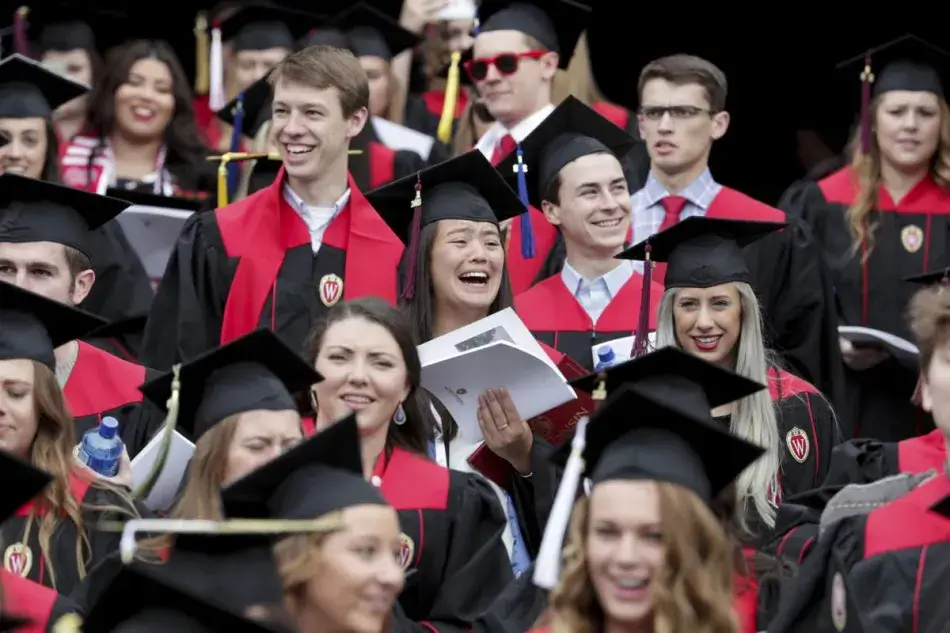Public education has been one of our greatest success stories as a nation.Our country pioneered in making public elementary and high schools available to all children and created land-grant public universities that made college possible for citizens from all backgrounds.
The widespread availability of public education in the United States has been linked with the success of our society and economy over the decades. Today, almost 90 percent of high school graduates can expect to enroll in an undergraduate institution at some point during young adulthood.
But not all of the news is good. Graduation rates are not what they should be: Only 60 percent of those who start on a four-year degree will graduate within six years, and only 30 percent who attend two-year programs will complete a certificate or degree within three years. Those who start but fail to complete a degree are the primary ones who are unable to repay their student loans.
These low graduation rates mean not enough Americans will realize the full benefits of college. And in our world, college means substantially improved economic circumstances.
Look at the difference in unemployment and earnings between those with only a high school diploma and those with a higher education degree. College degrees are also associated with greater civic engagement and improved personal health and family well-being.
In short, education is what economists call a “public good.” It benefits not just the individuals who invest in it, but also our communities and the competitiveness of our businesses. That’s one reason why public support of higher education is justified.
Over the last two years, I’ve worked with a group commissioned by the American Academy of Arts and Sciences to examine the challenges facing undergraduate education and to make best-practice recommendations on how our institutions can better prepare students for the future.
It is clear that today’s problems are less about getting high school grads to begin post-high school training, and more about making sure they complete a degree. It’s also clear that these challenges are much greater among first-generation students and students of color, who often lack the family support and the stable funding that helps them stay in school.
I am proud to say that Wisconsin is choosing to address these challenges head-on.
In the past two years, UW–Madison has made significant strides by launching a series of initiatives to make the state’s flagship accessible for all those who are qualified to attend.
This includes Bucky’s Tuition Promise, which guarantees four years of scholarship aid to cover tuition for Wisconsin students from low- and moderate-income families. We’re also helping first-generation students transfer into UW–Madison and providing them with more scholarships. We recently expanded our partnership with Madison College and generated greater availability of need-based aid.
Much of this is possible through the generosity of our alumni, who want others to have the opportunities they experienced with their UW–Madison degree.
We are also retaining and graduating more students than ever before. Our average time to graduation is down to 4 years and 11 days. More than half of our undergraduates leave debt-free.
This week, I’m hosting a meeting of Wisconsin leaders from across the University of Wisconsin System, the technical colleges, the private colleges, government and business to see what best practices we might share with each other for the betterment of our state’s students.
This state’s future rests on our ability to educate the next generation of skilled workers, by making sure they can afford a higher education degree (whether two-year or four-year) and can finish that degree in a timely fashion.
There are few better moments than watching students cross the stage on graduation day heading for a brighter future.
